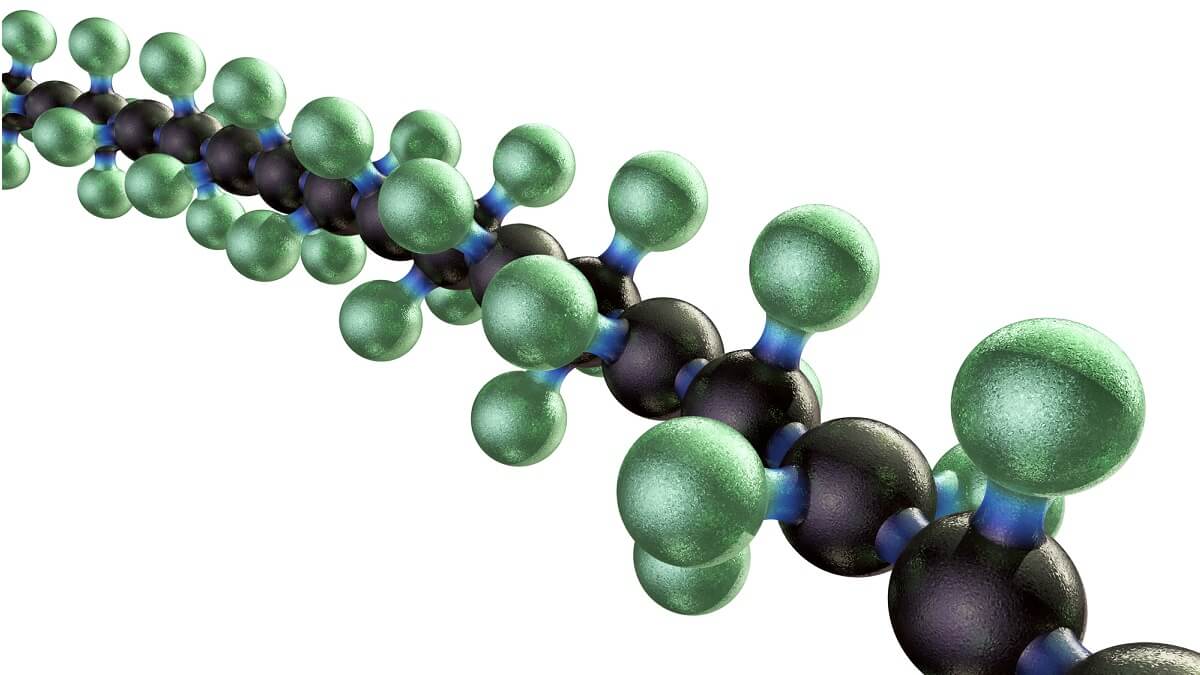Checking Out the Varied Applications and Advantages of Polymers in Different Industries
Polymers, with their diverse series of properties and performances, have actually ended up being crucial in numerous sectors, each reaping special advantages from their application. Polymers. From enhancing safety and security and efficiency in the automobile market to transforming clinical tools in the health care sector, polymers play a critical role. Moreover, their environment-friendly nature is modifying the landscape of sustainability practices. As we explore the midsts of polymers in electronics, we reveal cutting-edge innovations, while their architectural honesty changes the world of building and construction and infrastructure. The prevalent impact of polymers across sectors is a testimony to their versatility and versatility, forming the future of numerous markets.
Automotive Market Applications
Polymers play a crucial function in boosting the efficiency and toughness of numerous elements within the auto market. One noticeable use of polymers in the vehicle market is in the manufacturing of light-weight elements.

Healthcare Industry Advantages
In different medical care applications, the benefits of using polymers are widely identified for their varied series of helpful properties. Polymers play a crucial function in the health care industry because of their flexibility, biocompatibility, and cost-effectiveness. One of the primary benefits of polymers in medical care is their capability to be tailored to specific requirements, such as adaptability, resilience, and biodegradability, making them excellent for a wide variety of clinical applications.
Polymer-based materials are thoroughly made use of in clinical tools, such as catheters, implants, prosthetics, and drug shipment systems, because of their biocompatibility and ability to imitate natural cells. These materials can minimize the risk of allergic reactions or beings rejected, improving individual safety and security and end results. In addition, polymers are lightweight, making them ideal for wearable clinical gadgets and ensuring client convenience.
Furthermore, polymers enable the growth of ingenious therapy methods, such as hydrogels for cells design and nanocomposites for targeted medication distribution. Their simplicity of handling and sanitation makes them necessary for keeping high standards of health in health care settings. Generally, the diverse benefits of polymers contribute significantly to developments in clinical modern technology and client treatment.
Ecological Advantages of Polymers

Moreover, polymers can contribute to energy financial savings due to their lightweight nature. In industries such as transportation, light-weight polymer products can help lower gas intake and greenhouse gas emissions. Additionally, polymers can enable the growth of energy-efficient products such as insulation products that enhance power preservation in buildings.
Moreover, polymers play an important duty in decreasing water contamination. The use of polymer-based filtering systems can properly eliminate contaminants and pollutants from wastewater, securing water resources and ecosystems. In general, the ecological benefits of polymers make them valuable assets in advertising sustainability and eco-friendly techniques across numerous sectors.
Polymers in Electronic Devices and Technology
Taking into consideration the enhancing need for cutting-edge and lasting solutions in modern-day markets, the integration of sophisticated polymer innovations in the realm of electronics and modern technology has actually emerged as a crucial strategy for driving effectiveness and performance. Polymers have revolutionized the electronics sector by enabling the manufacturing of lighter, more versatile, and Read More Here sturdy digital tools. From mobile phones to medical devices, polymers play a vital function in improving item design and performance.
One substantial benefit of polymers in electronics is their protecting residential properties, which assist shield fragile electronic elements from environmental factors and electric disturbance. In addition, polymers are necessary in the advancement of flexible displays, wearable technology, and published electronics, providing limitless opportunities for developing wise and interconnected tools.
Additionally, making use of polymers in electronic packaging has led to improvements in miniaturization and thermal monitoring, improving the overall efficiency and dependability of digital systems. As technology remains to evolve, the flexibility and flexibility of polymers will certainly drive further innovation in the electronics market, forming the future of innovation.
Duty of Polymers in Construction and Infrastructure
Polymers offer many advantages in the building market due to their adaptability, sturdiness, and cost-effectiveness. go now One essential function of polymers in building is their use in layers and sealants, offering defense against environmental factors such as moisture, UV radiation, and corrosion.
Additionally, polymers play a vital duty in lasting construction methods by making it possible for the advancement of energy-efficient frameworks. Protecting materials made from polymers help control indoor temperature levels, decreasing the need for home heating and cooling systems and eventually lowering power intake - Polymers.
Final Thought
To conclude, polymers play an essential function in numerous sectors such as automobile, healthcare, ecological, electronics, and construction. Their versatile residential properties make them valuable in creating ingenious options and items. From enhancing gas try this effectiveness in cars to boosting medical tools, polymers offer various benefits. In addition, their influence on minimizing waste and advertising sustainability highlights their importance in modern applications. The extensive use of polymers shows their considerable payment to advancing technology and improving lifestyle.